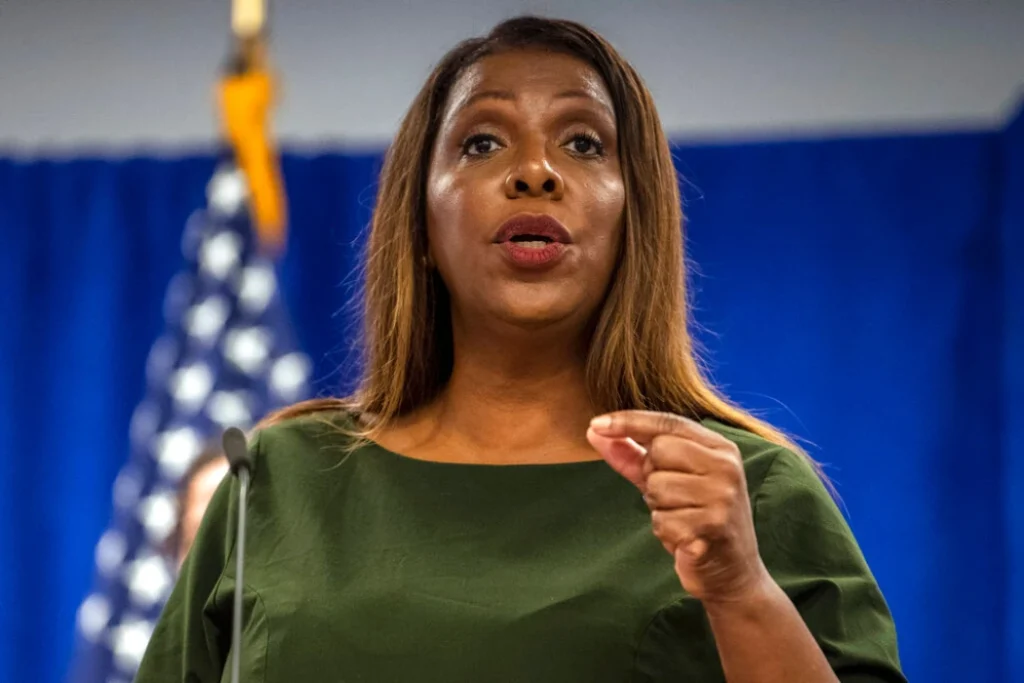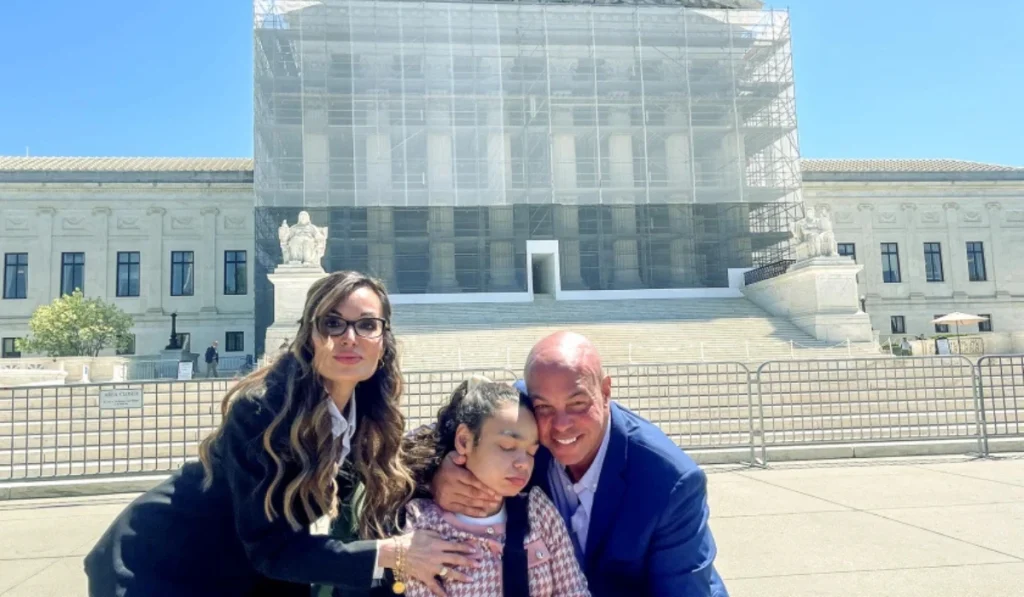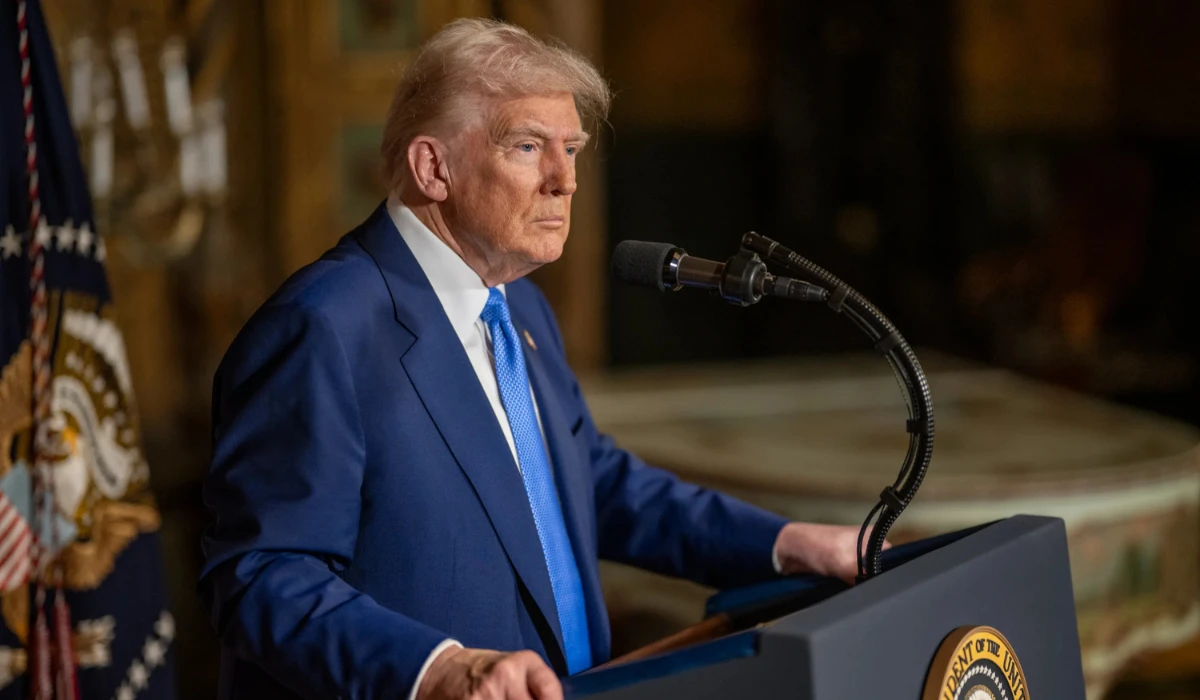Bill Gates, co-founder of Microsoft and one of the world’s most prominent philanthropists, has revealed his intention to give away nearly all of his fortune within the next 20 years. Currently one of the wealthiest individuals in the world with a net worth of approximately $200 billion, the tech mogul’s goal is to avoid being remembered as someone who “died rich.” Instead, Gates wants his legacy memorialized by his impactful philanthropy and commitment to enhancing the world.
Gates co-founded Microsoft in 1975 with his childhood friend Paul Allen, and their vision to place “a computer on every desk and in every home” seemed dubious at the time. Today, Microsoft is not only a leader in personal computing but has cemented its place as a tech giant, offering products like Windows, Office, Azure, and more. Through decades of innovation and strategic leadership, Gates amassed expansive wealth, which he increasingly viewed as a tool for positive global change.
In recent years, Gates has gradually shifted his focus from the tech sector to philanthropy. The Bill & Melinda Gates Foundation, established in 2000, became one of the largest private charitable foundations in the world. From eradicating polio to combating climate change, the foundation’s reach has been vast and its impact undeniable.
However, Gates plans to dissolve the foundation and donate the bulk of his wealth, following a principle he has emphasized for years: wealth should be used for good. “ People will say a lot of things about me when I die, but I am determined that ‘he died rich’ will not be one of them,” Gates, who turns 70 later this year, wrote. “There are too many urgent problems to solve for me to hold onto resources that could be used to help people.”
One of Gates’ most significant impacts has been on education, both through Microsoft products and his foundation’s initiatives. As a company, Microsoft revolutionized education by making technology accessible to schools and students worldwide. Microsoft Office, Windows, and cloud-based solutions like Microsoft Teams have been pivotal in modernizing classrooms.
During the COVID-19 pandemic, Microsoft Teams became an essential tool for remote learning, helping millions of students and educators maintain connectivity and resume their education despite lockdowns. Gates’ vision for digital transformation in education laid the groundwork for this rapid adaptation, proving that his influence transcends the corporate world.
However, Gates’ dedication to education did not stop with Microsoft. The Bill & Melinda Gates Foundation has poured billions of dollars into educational initiatives aimed at leveling the playing field. From funding scholarships to improving K-12 education, the foundation’s work has been instrumental in promoting equity and access.
Key Educational Initiatives Funded by Gates:
- The Gates Millennium Scholars Program: Providing thousands of minority students with full scholarships to pursue higher education.
- K-12 Educational Investments: Supporting initiatives like Common Core standards and developing innovative teaching methods.
- Teacher Quality Improvement Programs: Investing in professional development to ensure educators are well-prepared to meet modern challenges.
- Global Literacy Efforts: Collaborating with organizations worldwide to improve literacy rates, particularly in low-income regions.
Strengthening Communities and Parenting Initiatives
Gates’ philanthropy also extends to parenting and community support, reflecting a holistic approach to societal well-being. Through the Gates Foundation, billions have been allocated to initiatives that strengthen family support systems, combat childhood poverty, and ensure parents have the resources to raise healthy, educated children.
For instance, the foundation has funded research and programs for early childhood development, recognizing that investing in young children renders long-term societal benefits. Additionally, it has supported parenting programs that educate caregivers about health, nutrition, and early learning strategies.
Moreover, the foundation’s focus on community development has led to significant investments in housing, job training, and public health initiatives. By addressing the root causes of poverty and social inequity, Gates hopes to foster environments where families can thrive.
A Personal Shift Toward Global Change
While the decision to dissolve the foundation over the next two decades marks a new chapter, it is not surprising given Gates’ long-standing commitment to philanthropy. Gates, who signed the Giving Pledge alongside Warren Buffett and other billionaires, often stated that extreme wealth should not be stockpiled but distributed to address the world’s most pressing issues.
In an interview, Gates acknowledged that his enormous fortune comes with a responsibility. “I think giving away money effectively is harder than making it,” he noted. “But it’s a challenge I am committed to meeting.”
The Gates Foundation’s structured and strategic approach to philanthropy reflects this ideology, but Gates’ new goal is even more ambitious: to eradicate extreme wealth disparities by leading by example. Gates has expressed his desire to ensure the foundation’s mission continues through partnerships with other philanthropic organizations and local governments.
Bill Gates’ journey from tech mogul to humanitarian serves as a powerful reminder that the true measure of success lies not in wealth accumulation but in the willingness to share and uplift others.





